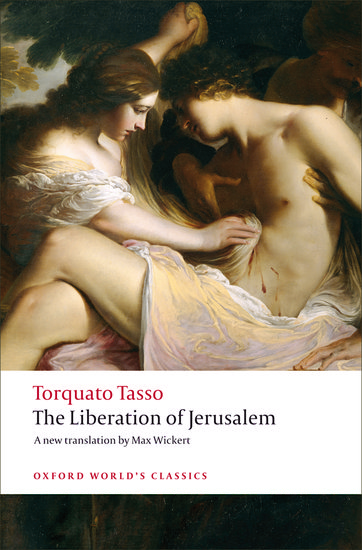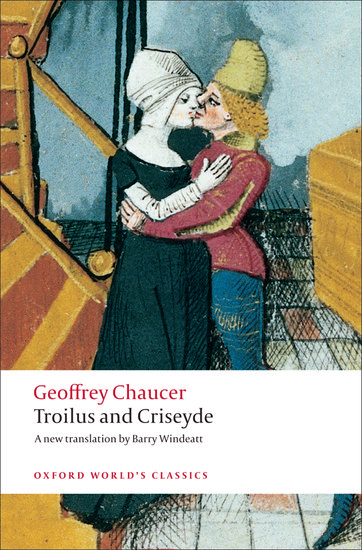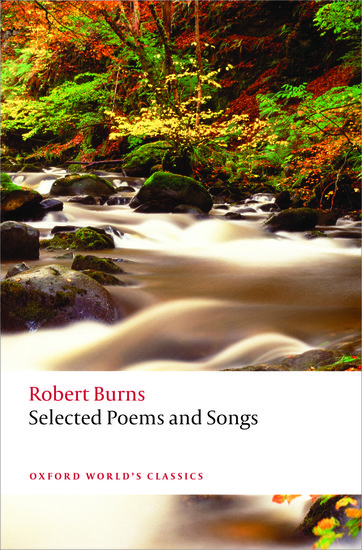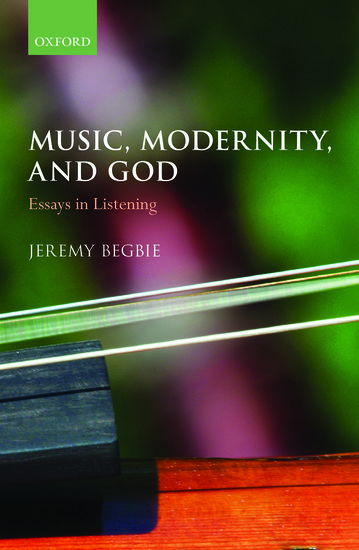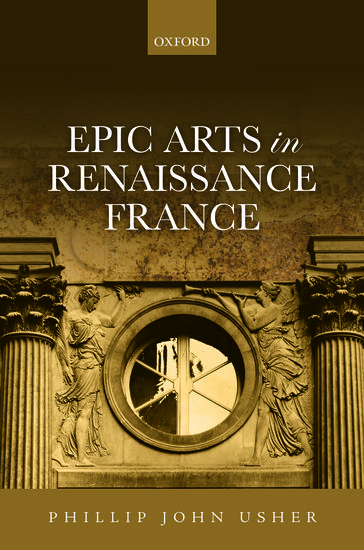How to write a classic
By Mark Davie
Torquato Tasso desperately wanted to write a classic. The son of a successful court poet who had been brought up on the Latin classics, he had a lifelong ambition to write the epic poem which would do for counter-reformation Italy what Virgil’s Aeneid had done for imperial Rome.

